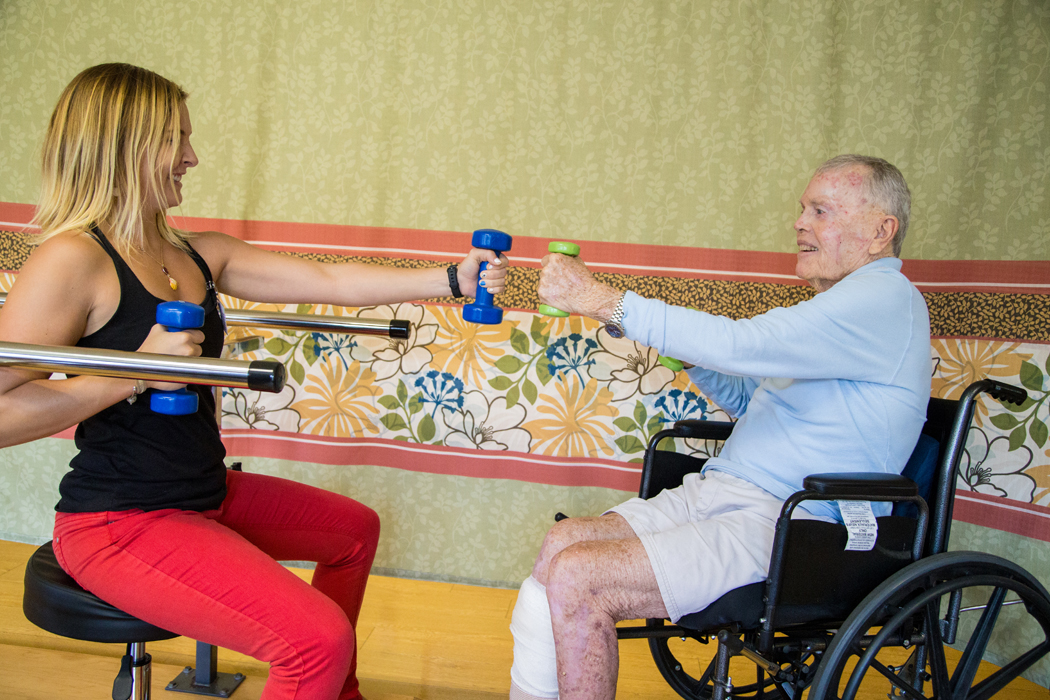Stressed-out, exhausted and at the brink of tears (which generally spills over once they start sharing) is not an unusual scenario. At least not in my office when adult children at near wit’s end seek understanding and answers in dealing with their senior-seasoned, cognitively-impaired parents.

I dare say we can recapture some of these good times but first we need to gain an appreciation of the science of the mind. In very generalized terms, we can classify the mind into two categories: the emotional mind and the thinking mind. The emotional mind would include 95% of what goes on in our brain without us being aware. It would be the origins of our emotions, the how and why we feel fear, love, hate, anger, joy, etc., even our sense of ethics. The emotional mind would a mixture of our personality tendencies (temperaments) upon which are built our stored experiences (memories) even from infancy. The thinking mind (5%) would be that part where deliberate, (hopefully) logical, planning would occur of which we’d be aware (say, doing a math problem).
When parents start slipping into mild cognitive impairment then dementia, by definition there will be degradation of both their thinking and emotional minds.
Let me give you an example. I left the westside of Kauai (Kekaha) soon after high school and made my first trip outside Hawaii to Colorado. I pursued my university education, subsequently work, spending a total of nine years there. Yet, I never fully got over how wrong it was to enter into people’s home with shoes or flip-flops (slippers!). When my less-enlightened, first-time, guests to my place needed to be instructed to remove their shoes, they were shocked (even irritated, how dare!). When asked why, I couldn’t logically say because we do it in Hawaii. Instead, I told them because I would have to sweep, vacuum and/or shampoo the flooring and I’m lazy and this is my house! While my reasoning (my thinking mind), was logical, it was just defending my emotional mind! Why? There’s nothing wrong (illegal, unethical, sinful, etc.) with wearing footwear in the house (about 325 million people in the US do!) but my experience being raised for 18 years in the culture of Kauai made it feel wrong.
When parents start slipping into mild cognitive impairment then dementia, by definition there will be degradation of both their thinking and emotional minds. Generally, what is first noticed is loss of short-term memory (needed in both emotional and thinking mind) and later confusion and illogical behaviors.
Thus, in a sense our parents’ personality have changed and to appeal to them in the way we’ve always done would become increasingly futile. The next time I’ll discuss how to engage your parents with aloha again.

For more Information: (808) 742-7591, info@halekupuna.com








